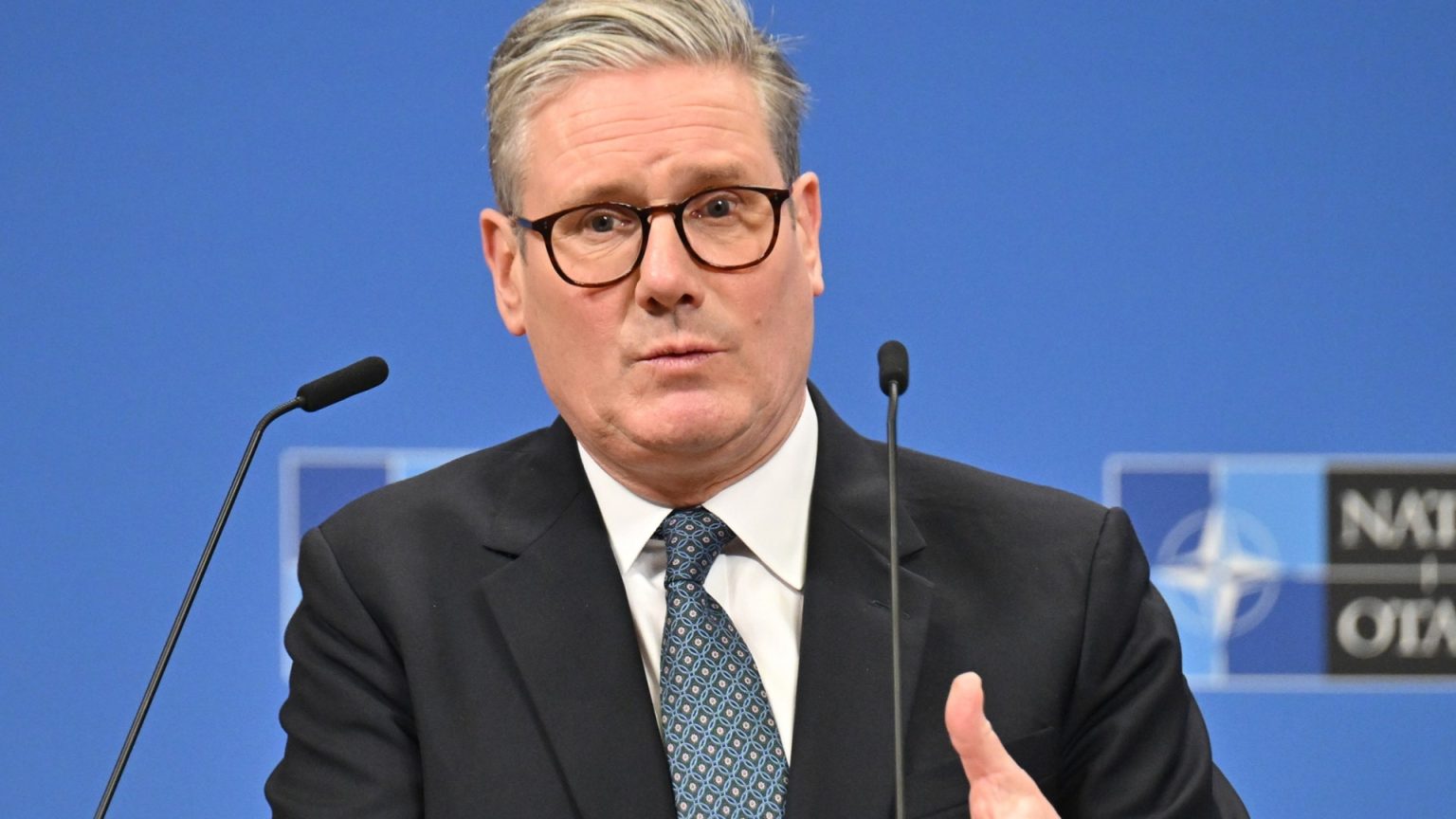The Fervor of Remainers and the Reality of Brexit
The sight of Keir Starmer engaging with EU leaders has ignited a fervent hope amongst staunch Remainers, reminiscent of children anticipating Christmas morning. Their impassioned pleas for him to dismantle Brexit are often difficult to decipher, clouded by a selective interpretation of economic realities. They attribute Britain’s economic struggles to Brexit, conveniently overlooking the comparable difficulties faced by Germany and France, which they attribute to the pandemic and the war in Ukraine. This selective reasoning ignores the fact that Britain also endured these global challenges, making it disingenuous to isolate Brexit as the sole culprit for economic woes. Remainers’ insistent claims that Brexit has yielded no benefits are equally unconvincing. When confronted with evidence of positive outcomes, they either dismiss them outright or fall conspicuously silent, demonstrating a curious aversion to acknowledging any potential upsides.
One potential benefit looming on the horizon is the possibility of Donald Trump imposing tariffs on Brussels while sparing the UK. This scenario, however, is likely to be disregarded by Remainers, much like other positive developments. Their fervent opposition to tariffs is particularly ironic considering their desire to rejoin a customs union, which intrinsically involves imposing tariffs. This inherent contradiction highlights the inconsistencies within the Remain argument. Similarly, the Prime Minister’s persistent belief that he can negotiate a superior deal with the EU without making significant, potentially harmful concessions is equally puzzling. This pursuit appears increasingly futile and warrants reconsideration.
The Illusion of "GB Energy" and Labour’s Misplaced Promises
The head of Ed Miliband’s "GB Energy" initiative has inadvertently exposed the hollowness of Labour’s pre-election pledges regarding energy costs and job creation. The claims made by MPs seeking votes last July, promising a £300 reduction in energy bills and the creation of 1,000 jobs in Aberdeen, have proven to be as fanciful as the optimistic projections for "well-paid" jobs resulting from the Energy Secretary’s ambitious, yet arguably reckless, pursuit of Net Zero. "GB Energy" CEO Jurgen Maier’s more realistic estimate of 200-300 jobs created before 2030, with the possibility of reaching 1,000 in 20 years, starkly contrasts with the initial inflated figures. Likewise, the promised £300 reduction in energy bills is, to put it mildly, a myth. In reality, energy bills have risen sharply under Labour, while pensioners have been deprived of their winter fuel allowance, seemingly to subsidize exorbitant salaries for train drivers, approaching £70,000 for a four-day work week. "GB Energy" is likely to become a symbol of Miliband’s shortsighted and ultimately damaging policies.
The Persistent Incompetence of Whitehall and the Need for Accountability
The long-standing incompetence of Whitehall bureaucrats, responsible for squandering billions on substandard equipment for the Armed Forces, is a recurring theme of government mismanagement. Despite numerous reviews exposing their complacency and ineptitude, no meaningful lessons seem to be learned. Their inability to effectively manage projects or negotiate favorable deals has resulted in vast sums being wasted on everything from ships and armored vehicles to firearms, with none functioning as intended. Even some of the body armor, purchased in the 1980s and still in use, fails to provide adequate protection for troops. If the government ever increases military spending to appropriate levels, it is crucial that these consistently failing MoD officials are finally held accountable and removed from their positions. This chronic mismanagement highlights the urgent need for systemic change within the MoD to ensure that our armed forces receive the equipment they need and deserve.
The Dangers of Brexit Surrender and the Need for a Balanced Approach
Critics warn against the potential pitfalls of a Brexit surrender orchestrated by Keir Starmer as part of his EU reset. While acknowledging the economic challenges and the desire for improved relations with the EU, they caution against sacrificing the hard-won gains of Brexit and potentially jeopardizing Britain’s sovereignty. A balanced approach is necessary, one that seeks to foster constructive dialogue and cooperation with the EU while safeguarding British interests and maintaining the autonomy gained through Brexit. This necessitates a nuanced strategy that avoids the extremes of a wholesale reversal of Brexit or a complete disengagement from the EU.
Balancing Engagement and Sovereignty: A Path Forward
Starmer’s engagement with EU leaders presents an opportunity to reset the relationship and address the practical challenges that have arisen since Brexit. However, this engagement should not be misinterpreted as a mandate to dismantle Brexit or compromise Britain’s sovereignty. The focus should be on fostering mutually beneficial cooperation, addressing trade friction, and finding pragmatic solutions to issues like the Northern Ireland Protocol. This requires a clear-eyed assessment of the realities on the ground, avoiding the romanticized notions of rejoining the EU that some Remainers cling to. A balanced approach, grounded in pragmatism and a commitment to British interests, is the only way to navigate the complex post-Brexit landscape.


